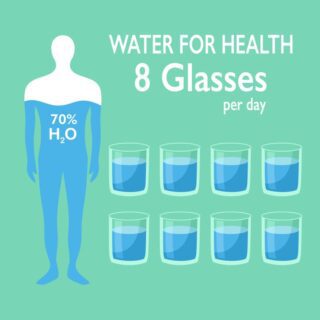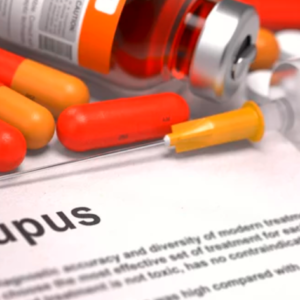What is chronic kidney disease and how to prevent it?

Chronic kidney disease is the continuous decline in the kidneys’ abilities to filter blood from toxins, and is one of the leading causes of death in the United States (CDC.gov). In order to be classified as chronic kidney disease, the GFR needs to be less than 60 mL/minute/1.73m2 or structural or functional kidney damage, for at least three continuous months (ClinicalKey). In the early stages of chronic kidney disease, you may not notice any symptoms, however it can progress to kidney failure, requiring dialysis or transplantation. Common symptoms of chronic kidney disease include nausea, vomiting, fatigue, weakness, muscle cramps, swelling of the lower extremities and neurologic changes (MayoClinic).
In order to prevent chronic kidney disease from developing, it is important that providers screen their patients appropriately who are considered to be at high risk. Patients should be screened who have a family history of kidney disease, are 60 years or older, and patients with diabetes, hypertension, cardiovascular disease, and frequent urinary tract infections (ClinicalKey). It is also important to screen African Americans, as they are more than three times more likely to develop chronic kidney disease (Kidney.org). Patients should follow their provider’s instructions in the treatment of underlying conditions such as diabetes and hypertension, as diabetes and hypertension are two common causes of chronic kidney disease.
Many lifestyle changes can play a role in the progression of chronic kidney disease. It is important to maintain a healthy weight and to include physical activity into most days. Smoking cessation and eating a healthy diet also both decrease the risk of hypertension, and consequently chronic kidney disease. Your provider should also educate you on the importance of avoiding NSAIDs or to use only as prescribed or recommended. NSAIDs have a high risk for nephrotoxicity, and misuse can harm the kidneys.

This article reviewed by Dr. Jim Liu, MD and Ms. Deb Dooley, APRN.
There’s nothing more important than our good health – that’s our principal capital asset.
#medical #telehealth #umedoc










